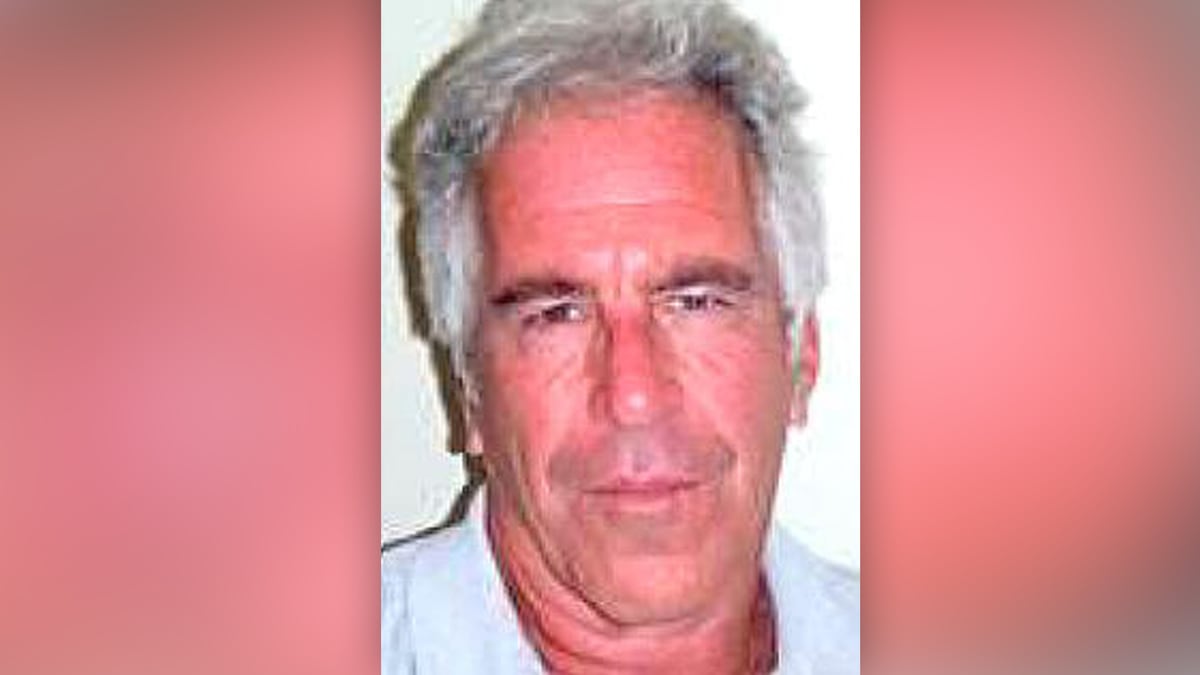The compensation fund for victims of Jeffrey Epstein—which thus far has paid out $50 million to survivors of his sex-trafficking ring—has announced it will stop providing monetary offers because of “uncertainty about the liquidity” of the Epstein estate.
“Although I sincerely regret having to take this action, I have concluded that it is necessary to protect the interests of eligible claimants who have not yet resolved their claims through the Program,” said Jordy Feldman, the administrator of the Epstein Victims' Compensation Fund, in a statement on Thursday.
“Issuing a compensation offer that cannot be timely and fully funded and paid, consistent with the way the Program has operated to date, would compromise claimants’ interests and the guiding principles of the Program,” Feldman added. “I remain deeply committed to ensuring that the Program continues to operate with transparency and integrity, and that all eligible claimants receive the compensation and validation they deserve.”
ADVERTISEMENT
The news comes one day after the Miami Herald reported the largest beneficiary of Epstein’s estate, once estimated at $636 million, was the U.S. Treasury Department. The government has received $190 million in estate taxes, according to the report.
Brad Edwards, a lawyer for multiple survivors, told The Daily Beast that a court must intervene and take control of the Epstein estate to ensure victims receive their money.
“On behalf of the victims of Jeffrey Epstein, we worked very hard to establish a protocol for the claim program that would ensure fairness for all claimants,” Edwards said. “Those in charge of managing the Estate have always known the status of its assets and the need for sufficient liquidity to fulfill their obligations. The irresponsible mismanagement that led to today’s announcement was entirely preventable and indefensible. Jeffrey Epstein’s victims deserve not to be revictimized any further. At this juncture, the court must step in, on an emergency basis, and take control over the Estate to prohibit further injustice.”
After the victim fund’s announcement, the Attorney General for the U.S. Virgin Islands filed an emergency motion to immediately freeze all estate assets and cash on hand, saying the estate “breached its commitment to fund the Epstein Victims’ Compensation Program.”
“To be clear, this failure to provide promised compensation for Epstein’s victims is one entirely of the Estate’s and its Co-Executors’ making,” Chief Deputy Attorney General Carol Thomas-Jacobs wrote in the filing, adding, “If the Co-Executors had properly managed the Estate’s assets and its expenditures, or even promptly communicated any liquidity issues, the Estate’s assets and obligations could have been managed in a way that would have avoided this default at the expense of Epstein’s victims.”
The AG claims the co-executors, Darren Indyke and Richard Kahn, used the estate assets to pay for the landscaping of Epstein’s unused properties, the maintenance of unused aircraft, the estate’s own legal fees, and litigation expenses for people alleged to be involved in or have knowledge of Epstein’s trafficking ring.
Daniel Weiner, a lawyer for the co-executors, called the AG’s filing “both factually and legally unsupportable.”
“The Co-Executors regret that the Attorney General—who for many months opposed the Co-Executors’ establishment of the Program, and who has not contributed any funds towards either its operations or compensation payments to claimants—declined their suggestion that she release her liens on the two islands in St. Thomas held by the Estate, so the Co-Executors can promptly sell those properties and make the resulting funds available for payments to women participating in the Program,” Weiner said. “As we’ve explained to the Attorney General’s representatives, such sales would dispense with the need to pay further expenses for the maintenance of those properties.”
“Finally, both the Attorney General and the U.S. Virgin Islands court have previously reviewed in detail all of the expenses paid by the Estate,” Weiner added. “Many of the expenses the Attorney General now challenges—including for the required upkeep of aircraft and residences—are essential to maximizing their market value; as but one example, the Estate would not have been able to successfully sell its G550 aircraft without first performing required maintenance to keep that plane airworthy.”
The victim’s compensation program said it will suspend offers until after March 25, which is the deadline to file claims, or until Feldman has determined the estate has enough money to pay claims in full. So far, the fund has received more than 150 claims.
According to the fund, the estate is required to refill its coffers for the program when available funds fall below a designated amount. On Wednesday, the estate told Feldman it didn’t have “sufficient liquidity” to replenish the fund.
Weiner, the lawyer representing the estate, said that as of Dec. 31, 2020, the assets held by the Epstein estate were valued at $240 million.
“To date, the Estate has already funded the Program with over $87 million to pay claimants, in addition to regular payments the Estate has made to cover the Program’s ongoing administration and operations,” Weiner said in an email to The Daily Beast. “More than $55 million has already been paid to claimants since the Program began accepting claims seven months ago, a measure of the Program’s remarkable efficiency in hearing and issuing determinations for the benefit of claimants.”
“Because the great bulk of the Estate’s assets are illiquid—including residential properties, private investments and aircraft—the Co-Executors have been attempting for months to sell those illiquid assets in order to fund the Program and cover the Estate’s expenses, all of which are submitted to the U.S. Virgin Islands Superior Court for itemized review,” Weiner added.
“Regrettably, the Co-Executors’ efforts to sell these assets have been hampered by the now nearly-year-long coronavirus pandemic, and its enormous adverse effect on local and global economies. In addition, the Estate has been forced to expend substantial funds in defending against multiple civil lawsuits and administrative proceedings, including attempting to clear recent fraudulent claims on title to the Estate’s Palm Beach property.”
“The Co-Executors continue to seek to liquidate assets of the Estate, in the full expectation that the Program can soon fully resume its regular operations,” Weiner concluded.
This isn’t the first time officials have noted potential problems with the Epstein estate’s finances and ability to pay bills. Last fall, the Virgin Islands Attorney General, which is in the middle of a civil racketeering suit against Epstein’s estate, accused estate representatives of withholding information on its spending.
That spending included $500,000 a month in estate operating costs and legal bills for two former employees, as well as legal fees for an immigration attorney suspected of obtaining immigration status for Epstein’s victims.
But representatives of the estate argued they were unable to pay the estate’s expenses because of criminal activity liens the Attorney General had placed on its assets.
“In the event that the Attorney General’s intransigence continues, the Estate’s Co-Executors will no longer be able to continue to administer the Estate,” estate lawyer Christopher Kroblin wrote a judge in September. “The residential properties will quickly deteriorate, the aircraft and other assets will fall into disrepair, its assets will remain unsold, and legal proceedings will be defaulted.”







